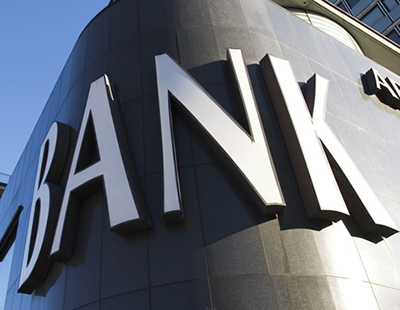
The vast majority of Ghanaian banks are on track to be capital-compliant once regulatory forbearance relating to the treatment of Ghana’s domestic default expires at the end of 2025, Fitch Ratings has said.
According to the international rating agency, this is largely due to “strong profits, low risk-weighted asset growth and, in some cases, capital injections.”
This was in its latest report on the Ghanaian banking sector, which reviewed developments following the Domestic Debt Exchange Programme (DDEP).
The DDEP, launched in December 2022 and concluded in 2023, imposed significant losses on the banking sector due to its high exposure to government securities.
Fitch noted that the Bank of Ghana (BoG) intervened to ease the impact of the debt restructuring on lenders’ balance sheets.
“In response, the Bank of Ghana eliminated the capital conservation buffer of 3 per cent, which reduced the minimum total capital adequacy ratio requirement to 10 per cent from 13 per cent. It also allowed banks to phase in losses relating to cedi government bonds into their regulatory capital evenly over four years, starting from end-2022,” the report stated.
The agency explained that cedi-denominated government bonds accounted for the bulk of the debt subjected to the DDEP.
The favourable treatment of these losses “has enabled the vast majority of Ghanaian banks to remain capital-compliant and helped preserve confidence in the banking sector.”
Fitch, however, clarified that no such relief was granted for losses on other instruments, such as Ghana’s Eurobonds, which were restructured in October 2024, given banks’ relatively low exposure to them.
Since then, Fitch said the sector’s capitalisation had recovered significantly.
Fitch estimated that the tangible common equity to tangible assets ratio improved to 10.3 per cent at the end of the first quarter of 2025, from 7.4 per cent at the end of 2022.
The rebound, the agency said, was underpinned by strong profitability, driven largely by high yields on Treasury bills, which were excluded from the DDEP.
It said low credit growth and the more than 40 per cent appreciation of the cedi against the dollar since late 2024 also supported the recovery.
The stronger local currency reduced the value of foreign currency assets when converted into cedis, thereby improving solvency indicators.
The report noted that some state-owned banks had benefitted from capital injections, while private institutions had, for the most part, not required fresh support from shareholders.
Fitch further highlighted the improvement in regulatory indicators, disclosing that “the banking sector’s capital adequacy ratio excluding the benefit of forbearance was first disclosed by the Bank of Ghana at end-February 2024, as 8.7 per cent.
Fitch said it increased to 18.2 per cent at the end of the first half of 2025, indicating that the vast majority of banks will be comfortably compliant when the remaining 25 per cent of the losses incurred on cedi government bonds is phased into regulatory capital at the end of 2025.”
Despite the broadly positive outlook, Fitch warned that six banks were unlikely to meet the requirements through internal capital generation alone.
“They will need to seek capital injections, merge with or be acquired by better-capitalised banks, or be granted extended forbearance to allow time to retain sufficient earnings to comply,” it said.
BY KINGSLEY ASARE
The post Most universal banks on track to be capital compliant – Fitch appeared first on Ghanaian Times.
Read Full Story















Facebook
Twitter
Pinterest
Instagram
Google+
YouTube
LinkedIn
RSS